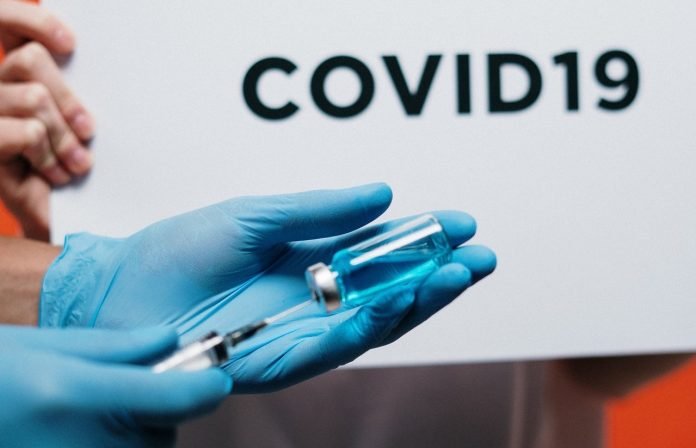
In a new study from Washington University in St. Louis, researchers found for at least six months after COVID-19 vaccination, antibodies produced by immune cells become steadily more formidable and more precisely targeted against the virus that causes COVID-19.
The findings suggest that declining antibody levels in the months after vaccination primarily represent a shift to a sustainable immune response. Producing vast quantities of antibodies burns a lot of energy.
The immune system cannot sustain such a high level of activity indefinitely, so it gradually switches to producing smaller amounts of more powerful antibodies.
The team found even quite low levels of antibodies would continue to provide some protection against disease, as long as the virus doesn’t change.
In the study, the team collected blood from 42 participants and lymph node samples from 15 participants before each person received the first dose of the Pfizer-BioNTech COVID-19 vaccine and at weeks three, four, five, seven, 15 and 29 afterward.
The researchers also obtained bone marrow samples from 11 participants 29 and 40 weeks after the first vaccine dose.
Eight people provided all three kinds of samples, allowing the researchers to track the development of the antibody response over time within those individuals.
None of the eight had been infected with the virus that causes COVID-19, so their antibody responses were entirely due to vaccination.
The researchers found that B cells targeted against SARS-CoV-2 persisted in the germinal centers of all participants for months. Even six months after vaccination, 10 out of 15 people still had B cells in their germinal centers.
Germinal centers are like boot camps where B cells are trained to make ever-better-quality antibodies. The more time B cells spend in germinal centers, the more potent their antibodies get.
Indeed, six months after vaccination, the antibodies were noticeably better than they had been in the beginning.
In one set of experiments, the researchers found that only 20% of early antibodies are bound to a protein from the virus. Six months later, nearly 80% of antibodies from the same individuals are bound to the viral protein.
The quality of the antibodies, of course, is measured against the original virus that was used to design the vaccine. If a new variant is different enough from the original, it may be able to escape once-powerful antibodies.
The researchers have begun studying the effects of variant-specific boosters on the antibody response to vaccination.
If you care about Covid, please read studies about why omicron is spreading so rapidly, and current COVID-19 vaccines cannot effectively prevent omicron infection.
For more information about health, please see recent studies that some at-home COVID-19 tests may fail to detect omicron early, and results showing how to protect yourself during the omicron surge.
The study is published in Nature and was conducted by Herman Eisen et al.
Copyright © 2022 Knowridge Science Report. All rights reserved.




